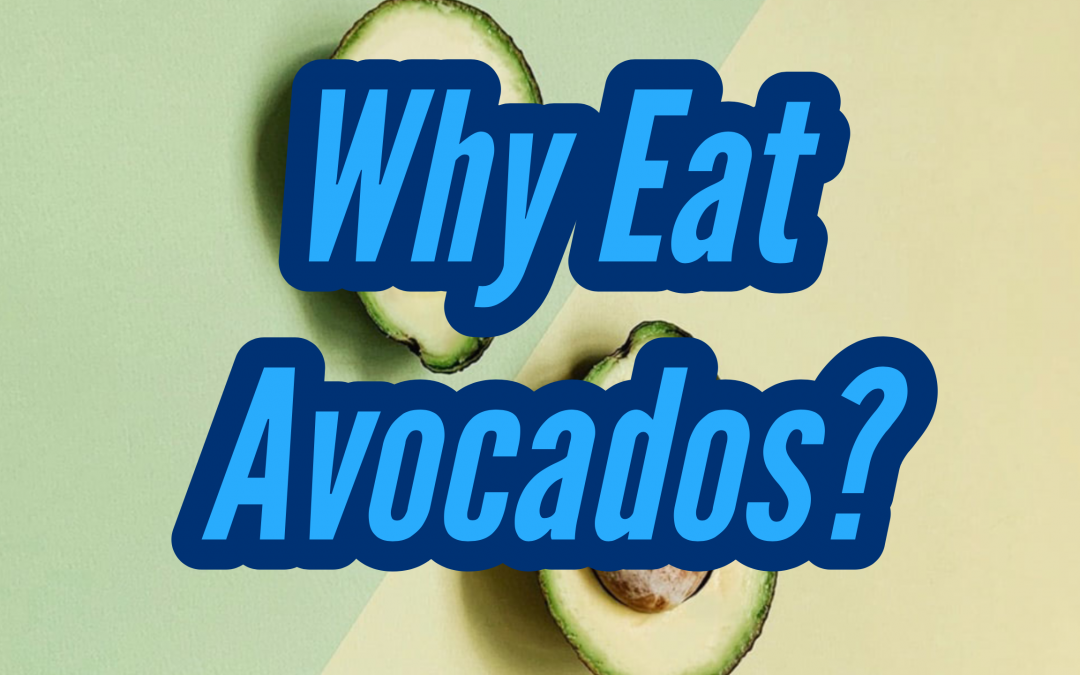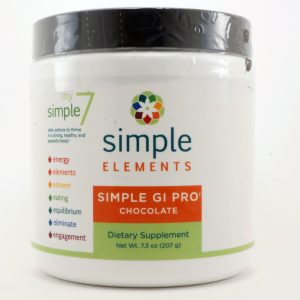Dr. Durland refers to avocados as “nature’s butter!” People tend to fear fatty foods because of the negative stigma surrounding the word “fat.” Although most of the calories from an avocado come from fat, there is no need to fear these green goddesses. Avocados contain “good” fats, known as monosaturated fats, that help with weight loss, reducing heart disease, and decreasing inflammation. They are a great way to compliment a protein-rich breakfast or add thickness to a smoothie!
Avocados are also low in sugar, high in fiber, and offer a variety of vitamins, such as:
Vitamin C- Helps with the developing and repairing body tissues, forming collagen, adsorbing iron, healing wounds, and maintaining cartilage, bones, and teeth.
Vitamin E- Helps to protect cells from damage caused by free radicals, which are compounds formed when our body converts food to energy.
Vitamin K- Plays a role in blood clotting, bone metabolism, and regulating blood calcium levels.
Vitamin B6- Significant to protein, creating red blood cells, and fat and carbohydrate metabolism.
While avocadoes provide a multitude of health benefits, it is beneficial to be mindful of the amount of avocado consumed in a day. Although serving size is determined by a number of factors, half of an avocado per day is typically recommended.
Getting hungry? Check out this article for “23 Delicious Ways to Eat an Avocado”
https://www.healthline.com/nutrition/23-ways-to-eat-avocados
Sources:
https://www.medicalnewstoday.com/articles/270406.php
https://www.washingtonpost.com/news/wonk/wp/2015/01/22/the-sudden-rise-of-the-avocado-americas-new-favorite-fruit/?noredirect=on&utm_term=.3a4c73b14cf0
https://ods.od.nih.gov/factsheets/VitaminE-Consumer/
https://www.medicalnewstoday.com/articles/219867.php
https://www.healthline.com/nutrition/vitamin-b6-benefits



